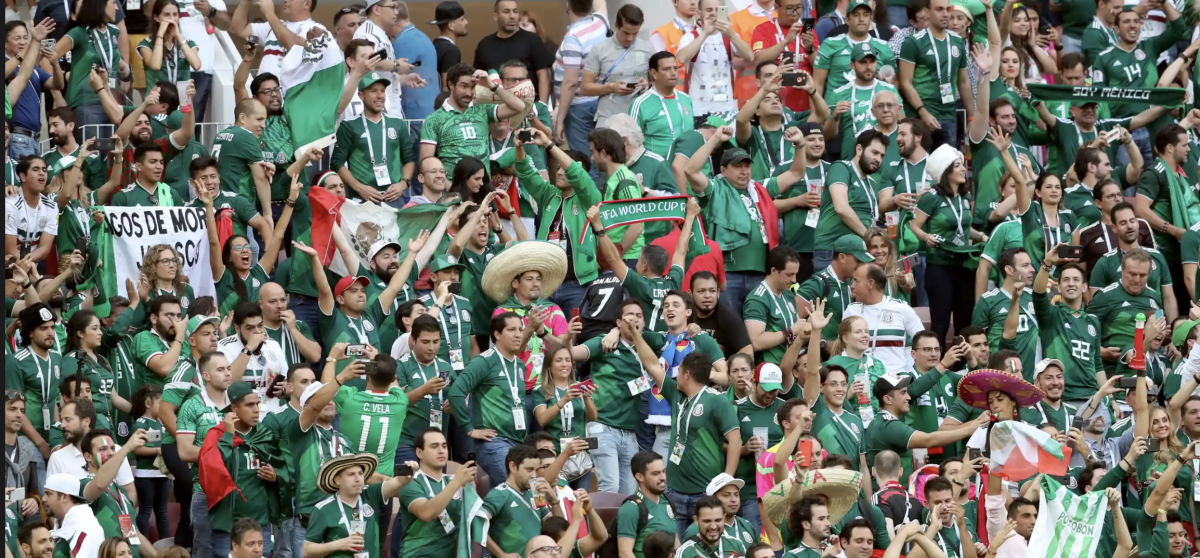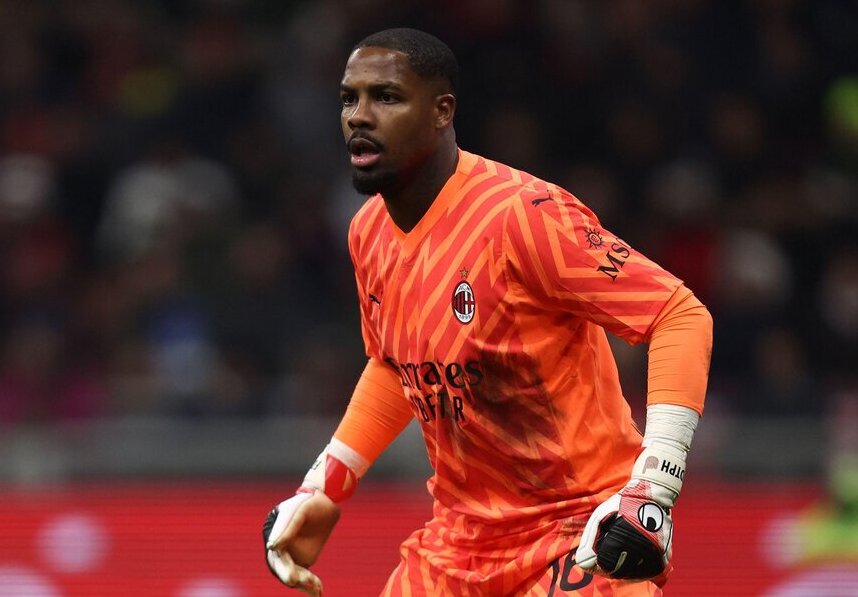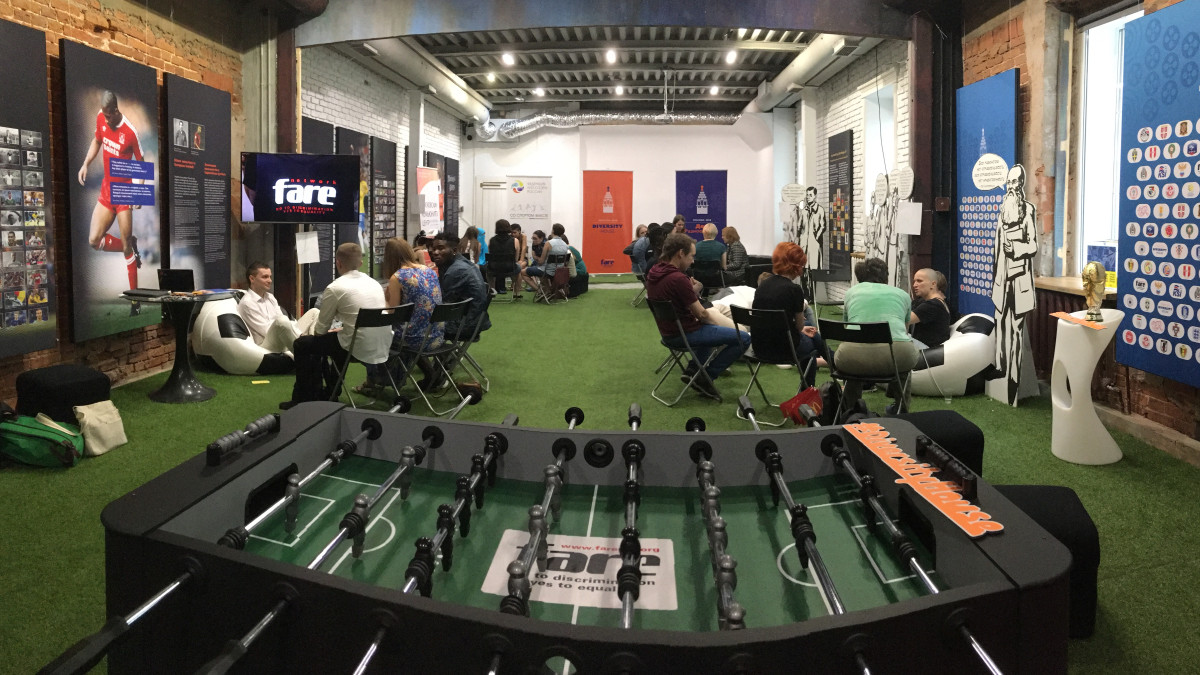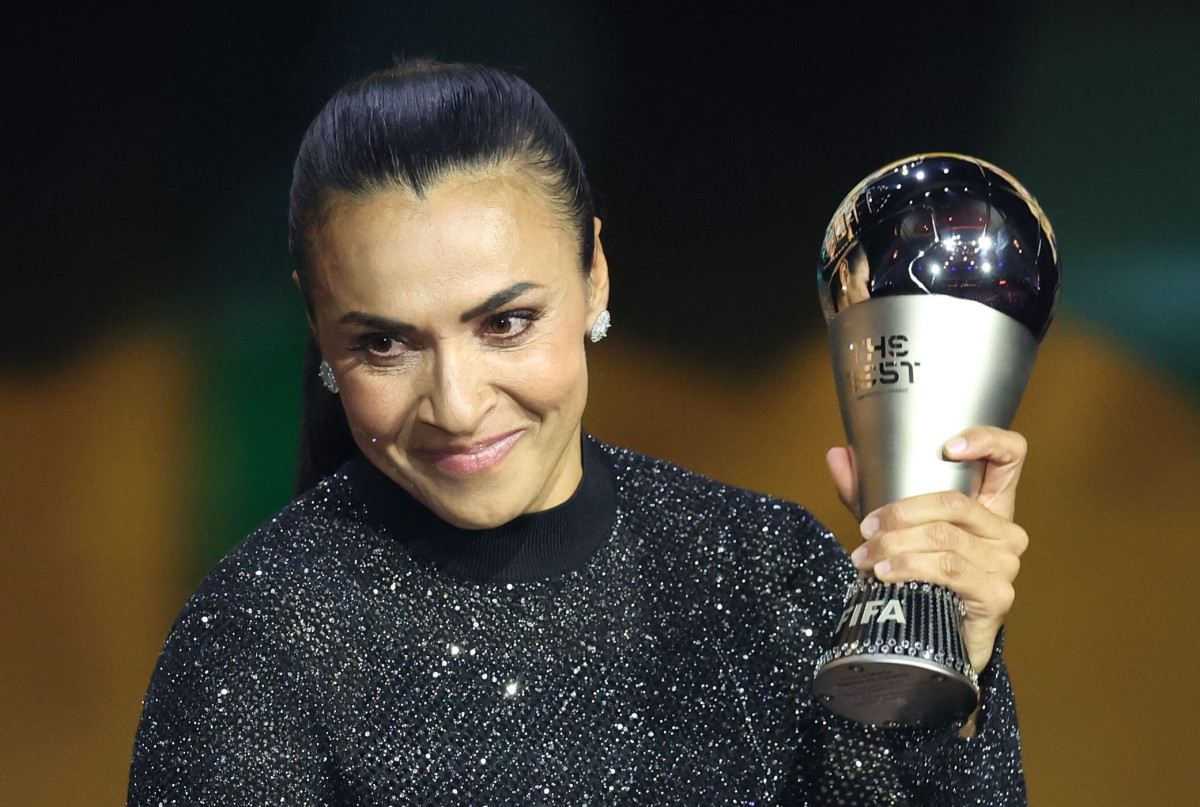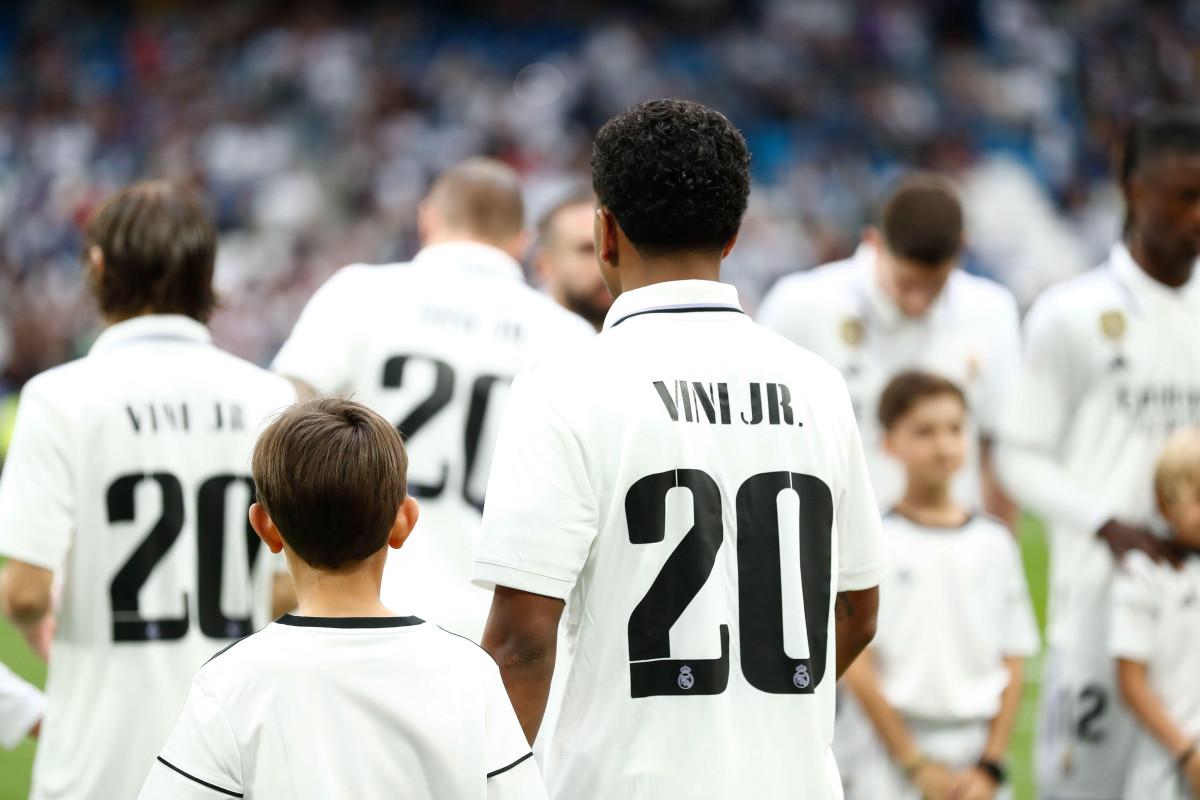Europe's football governing body UEFA has launched its latest Football and Social Responsibility (FSR) Report looking at their social responsibility achievements, as well as those of partner bodies, in the fields of diversity and anti-discrimination, inclusion, environment, health, peace building and fan dialogue.
The fifth Football and Social Responsibility Report – the final one in a cycle that began in 2012 – summarises efforts made during the 2016/17 football season to integrate social responsibility, including sustainability, in the UEFA business process.
The report aims to engage with stakeholders about the role that social responsibility plays at UEFA, show how social responsibility in football can foster sustainable development, and measure performance with the aim of encouraging progress.
Highlights in 2016/17 include the launch of UEFA's new social responsibility initiative funded by the UEFA HatTrick programme to support Europe's national associations in their FSR work and the work carried out to promote an active and healthy lifestyle at UEFA Women's EURO 2017.
The work of Fare is featured in the Diversity section detailing the achievements of the 2017 #FootballPeople action weeks, the five-year cycle of the anti-discrimination monitoring system at UEFA Champions League and Europa League matches, as well as key events and research published over the last five years.
With the new 2017–21 funding cycle under way, the report also reflects on present and future challenges in particular, following a recent independent review of UEFA's FSR policy and a comprehensive consultation process.
"By and large, that review resulted in the confirmation of the strategic decisions taken," says UEFA Executive Committee member and Fair Play and Social Responsibility Committee chairman Peter Gilliéron.
"It also highlighted the need for increased efforts to tackle Europe's migration and refugee crises, and address the issue of child safety, and these findings have been taken on board." Another innovation for the new four-year cycle sees the inclusion of human rights criteria in the bidding process for UEFA competitions.
UEFA's #EqualGame campaign launched last August, Gilliéron adds, is "a further sign of our ambition to maximise the positive impact of football".
"#EqualGame aims to ensure that football can continue to grow and flourish, helping more people across Europe to access, play and enjoy the game."
Download the report here.

